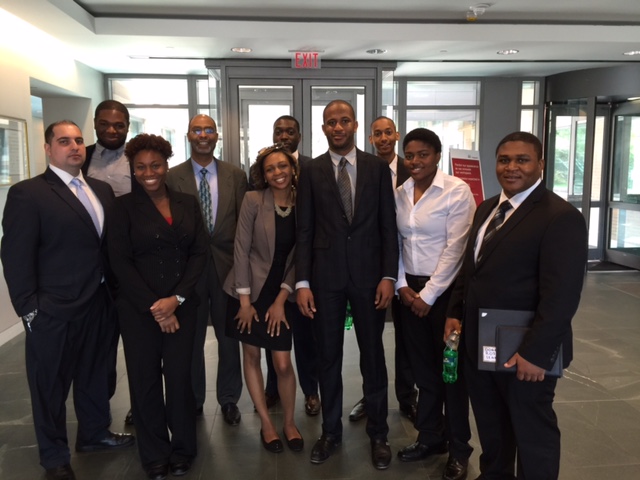
A few weekends ago, I went with my wife to a conference sponsored by Americans for the Arts in Sundance Utah. My main reason for being there was to accompany her and enjoy the resort. I learned some things there too. In talking with other arts administrators from around the country, I realized how important knowledge and appreciation for the arts is for all students regardless of their major. Something I experienced when I was in college.
As an undergraduate engineering student, I had to have 223 quarter hours to complete my degree. Only three of these were for a free elective. I took the easiest sounding course I could find – music appreciation. It wasn’t what it sounded like at all! Our teacher started with the Gregorian Chants from 900 AD and went right up to the present day popular music at that time including the classics. She really challenged us. I took the time to study and learn to appreciate all the music we listened to. In addition to passing the course, I developed an appreciation for classical music I still have today. We are subscribers to the Baltimore Symphony and go at least three or four times a season. I have thanked my teacher many times for helping me learn and appreciate the arts. Science, technology, engineering and mathematics (STEM) are all very important areas of study but no student’s education is complete without developing an appreciation for the arts. It’s STEAM not STEM. The arts are important too.
 Here’s a picture of David Brooks and me at his talk last night here in Baltimore. My wife suggested we go even though he is a “conservative” columnist at the New York Times. He characterized this position as like being the chief Rabbi in Mecca since the New York Times is not a conservative newspaper. So I didn’t know what to expect.
Here’s a picture of David Brooks and me at his talk last night here in Baltimore. My wife suggested we go even though he is a “conservative” columnist at the New York Times. He characterized this position as like being the chief Rabbi in Mecca since the New York Times is not a conservative newspaper. So I didn’t know what to expect.

